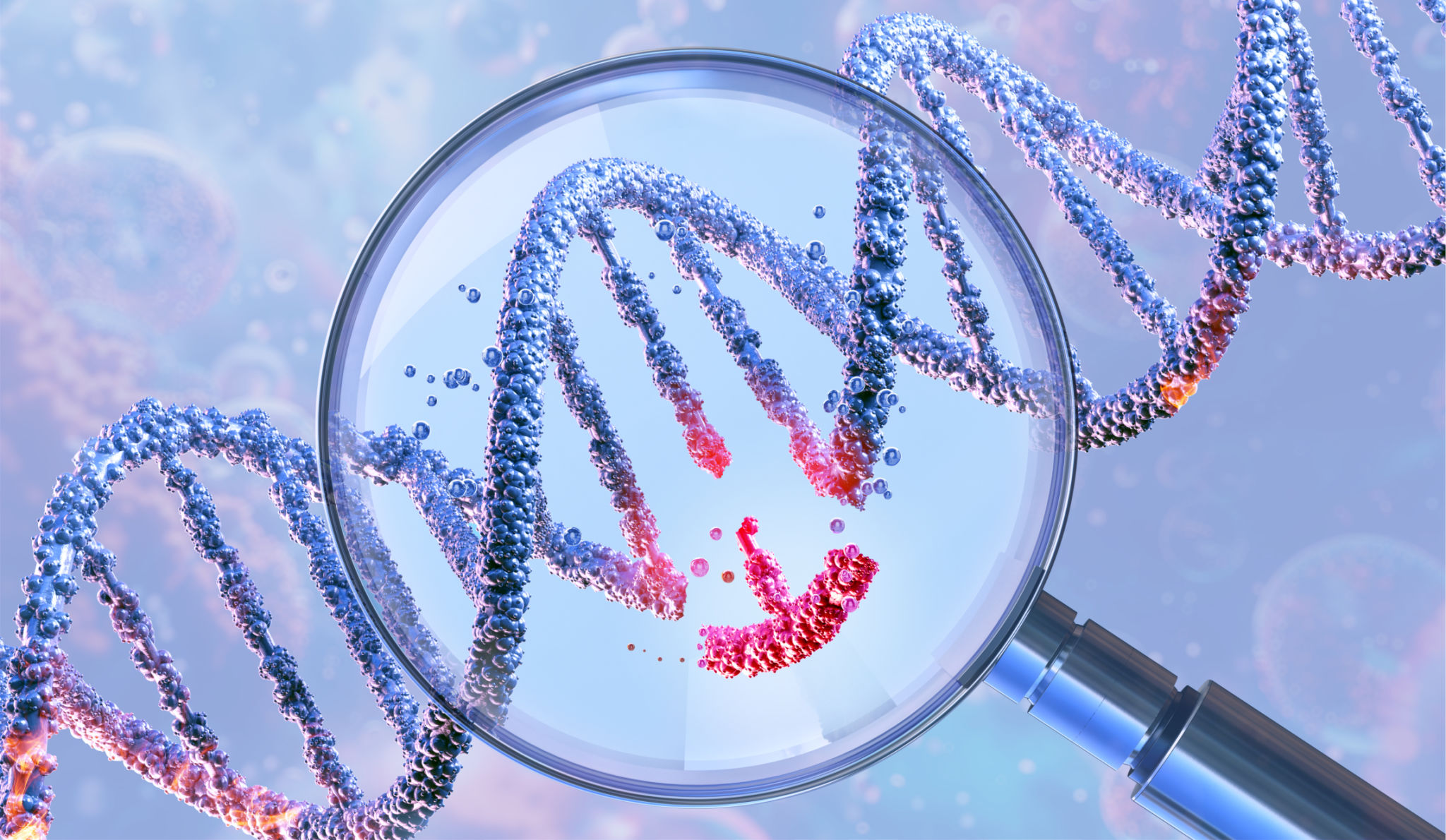Debunking Common Myths About DNA Testing
Understanding DNA Testing
In recent years, DNA testing has become increasingly popular, offering insights into ancestry, health, and genetics. However, with its rise in popularity, several myths have surfaced, leading to confusion about what DNA testing can and cannot do. In this post, we'll debunk some of these common myths and provide clarity on the subject.

Myth 1: DNA Testing Is Always 100% Accurate
One of the most pervasive myths is that DNA testing provides infallible results. While DNA testing is highly accurate, particularly for identifying genetic relationships and ancestry, it's not without its limitations. Factors such as sample quality, lab standards, and testing methodology can all impact results. It's important to understand that while the results are highly reliable, they are not foolproof.
Myth 2: DNA Testing Can Predict All Genetic Diseases
Many people believe that a DNA test can single-handedly predict all possible genetic diseases they might face in the future. While it's true that certain tests can indicate increased risk for specific conditions, they cannot predict with certainty that an individual will develop a particular disease. Environmental factors and lifestyle choices also play crucial roles in disease manifestation.

Myth 3: Your DNA Results Are Permanent
Another common misconception is that DNA results are static and unchanging. In reality, as scientific research evolves, our understanding of genetics also advances. This means that interpretations of DNA data can change over time as new discoveries are made. Consequently, individuals may receive updated information about their genetic profiles as research progresses.
Myth 4: Privacy Concerns Are Overblown
Privacy concerns are often dismissed by those who believe that DNA data is secure. However, the handling of genetic information by third-party companies has raised legitimate privacy issues. It's essential for consumers to research and understand the privacy policies of DNA testing companies, ensuring they are comfortable with how their data will be used and shared.

Myth 5: DNA Testing Can Reveal Everything About Your Ancestry
While DNA testing can provide fascinating insights into one's ancestry, it does not tell the whole story. Many tests focus on specific genetic markers that can indicate geographical origins or ancestral links but may not capture the entirety of one's cultural or historical background. It's crucial to supplement DNA findings with traditional genealogical research for a comprehensive view.
In conclusion, while DNA testing offers valuable insights into health and ancestry, it's important to approach results with a critical eye and an understanding of its limitations. By debunking these myths, individuals can make more informed decisions about how they use and interpret their genetic information.
